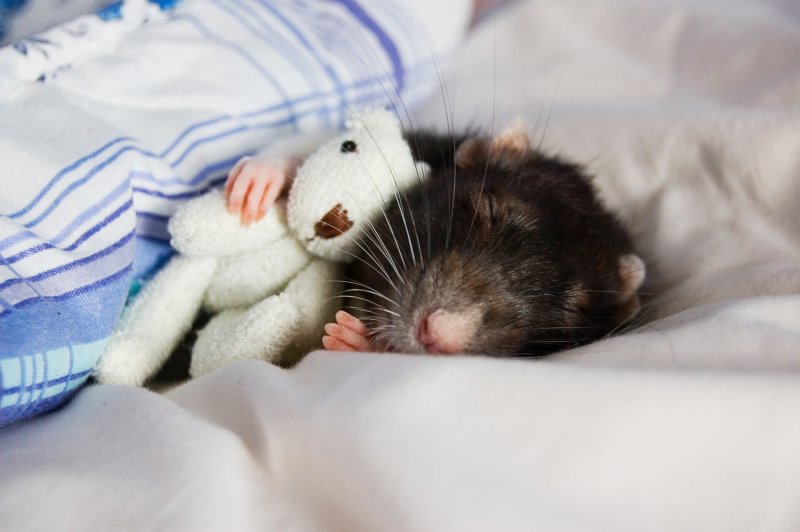All animals sleep, even the diminutive roundworm Caenorhabditis elegans. Tinkering scientists have tried to genetically engineer the act out of laboratory mice, but all attempts have failed; even severing sleep-promoting circuits in their brains does not remove rest entirely. Sleep seems to be fundamental. The simple yet grand question is why.
In a recent review published in the journal Science, [researchers Nicholas] Franks and [William] Wisden shared a few of the things they’ve learned over almost a decade of research. For starters, they have an educated hunch as to sleep’s true purpose: to conduct basic structural or metabolic processes that allow the brain to function normally when we’re awake.
“Much like the cleaning teams who move into empty offices during the night and whose work would be almost impossible during the daytime bustle, some essential and restorative process is underway after we slip into sleep, when normal brain function is at least partly suspended,” they wrote.
Previous studies suggest that one of these janitorial roles is a cleansing of damaged molecules and toxic proteins that build up during wakefulness, a side effect of the brain’s metabolically intensive activity.































